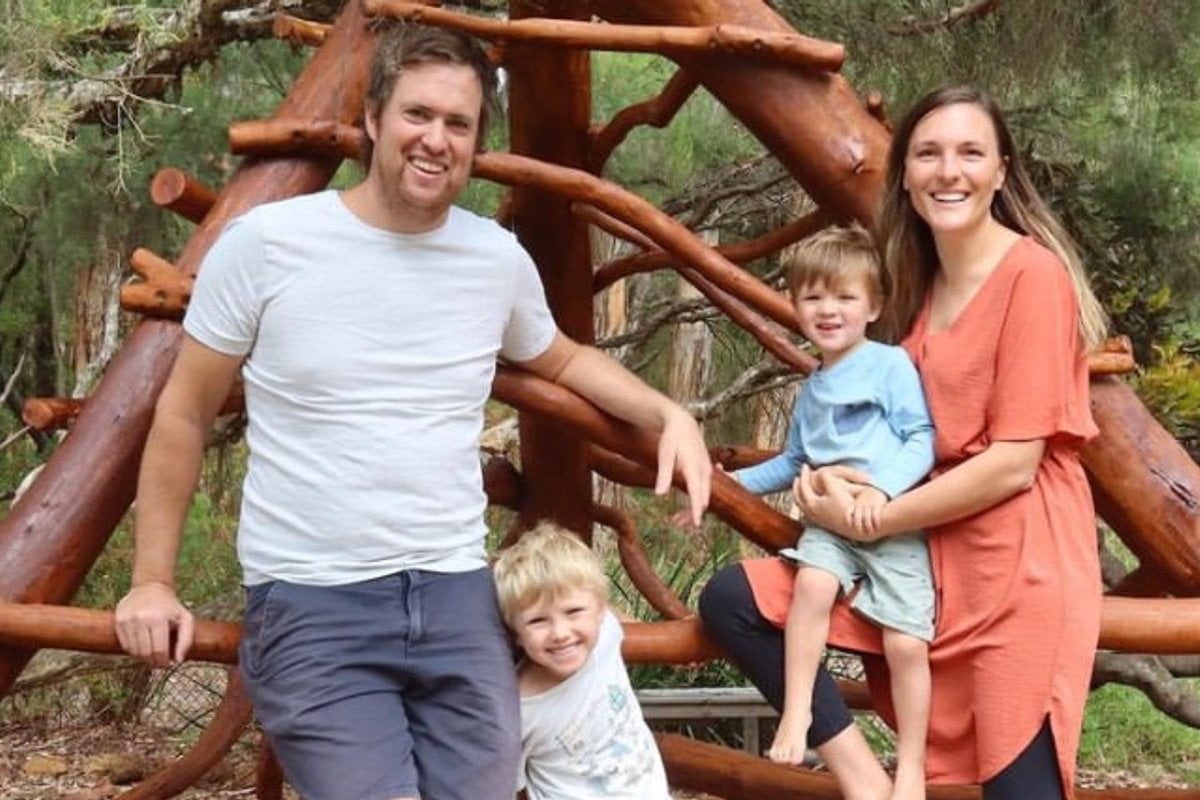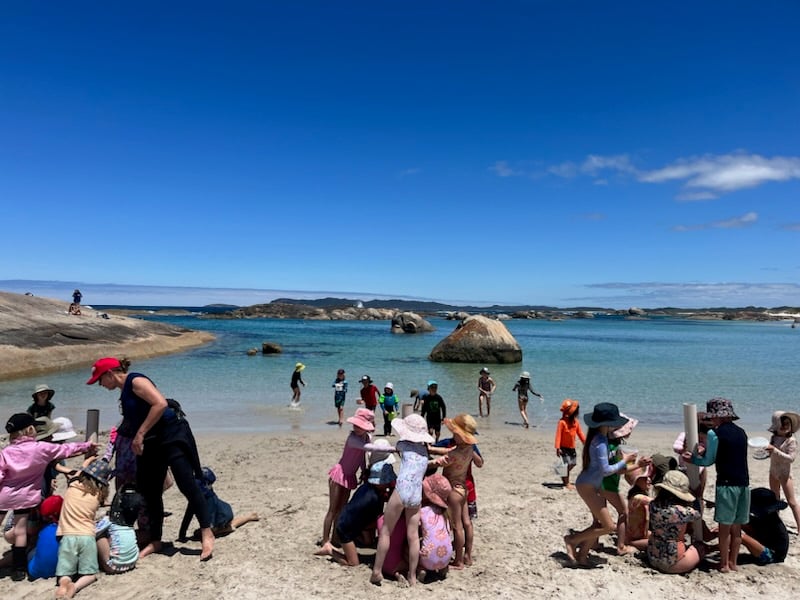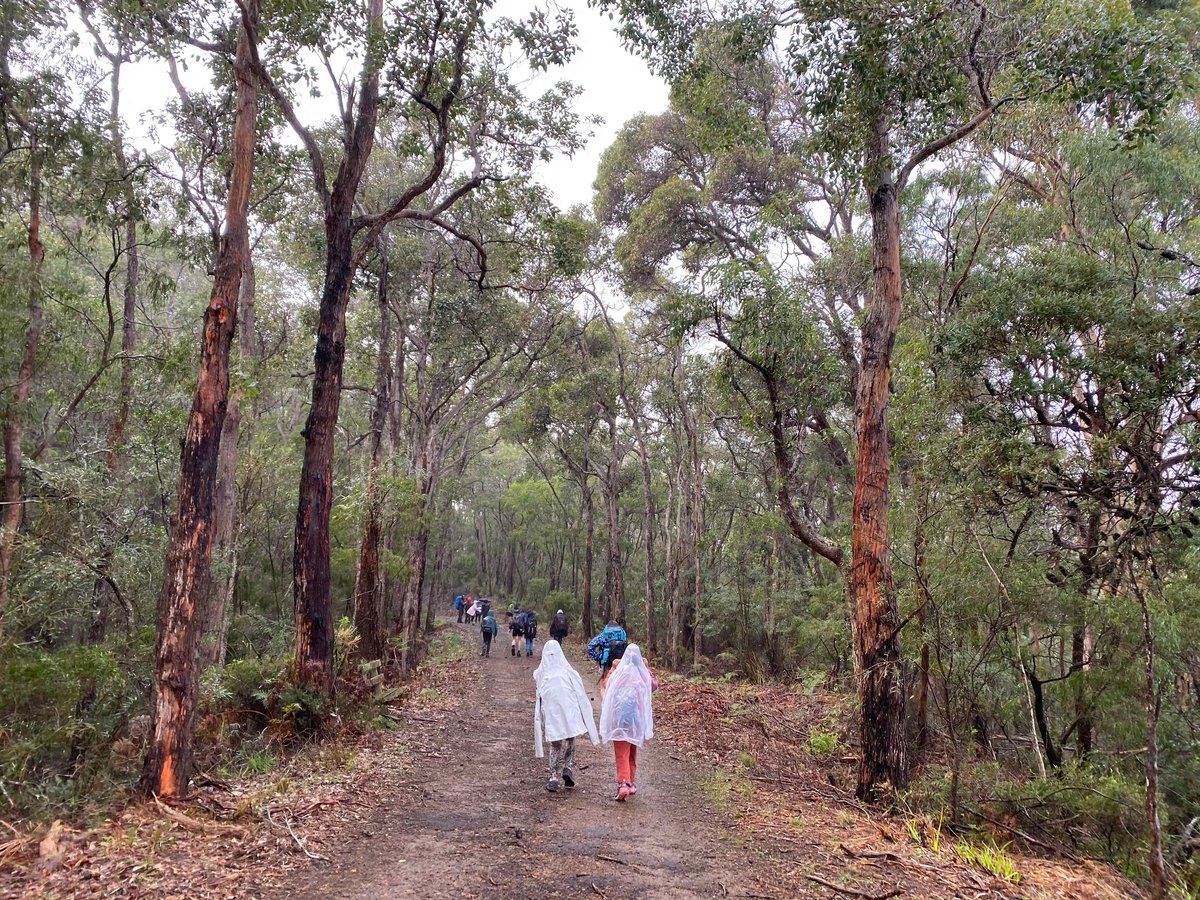
Joanna Griffith is one of Australia's youngest principals at one of Australia's only nature schools, Kwoorabup Nature School in Western Australia.
In the past year alone, the school has seen a 70 per cent growth rate as demand for learning in harmony with nature increases. Joanna, who was previously the principal of a remote Aboriginal school in the Pilbara, says this makes sense when you consider what has changed in the last few years.
"We've learnt so much about how children learn, but our practice hasn't changed very much," mum-of-two Joanna says.
"Our school has this deeply ingrained ethos of following what's best for the child, rather than following the systematic way of schooling and education that stems from the last 100 years since the industrial revolution.
"It's progressive, exciting and leading the way with what the research is telling us is the best thing for children. And a big part of what we do is forging a connection with nature."
Kwoorabup Nature School in Denmark WA is a primary school for children from kindergarten to year six. The school began as a playgroup in the late '90s and has steadily grown with 113 enrolled students in 2023 and a very long waitlist that goes to 2027.
So what exactly are the parents who register their newborns today, for a prized place at Kwoorabup in four years' time, interested in?
Watch: What does nature do for my wellbeing? Post continues below.




Top Comments